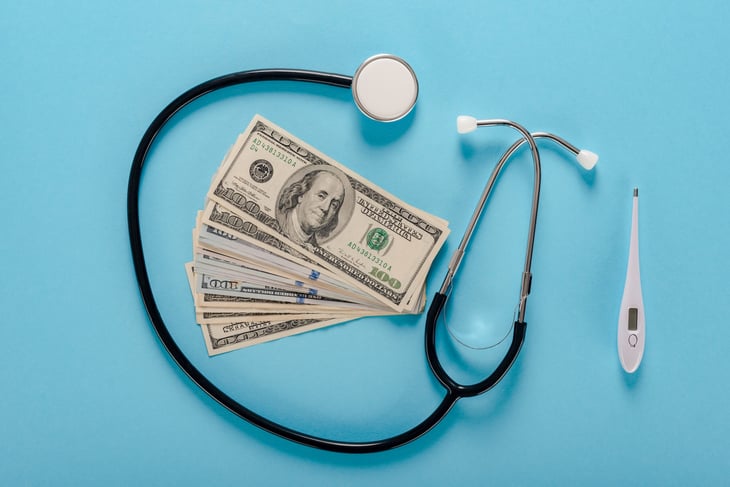
Health care costs are a part of life for nearly every one of us. Unfortunately, the cost of such care seems to get more expensive with each passing year.
Recently, the Transamerica Center for Retirement Studies surveyed more than 10,000 workers as part of its report “Stepping Into the Future: Employers, Workers, and the Multigenerational Workforce.”
In that report, the center said it found that 76% of respondents were saving for health care expenses. Following are the most common ways these participants say they are preparing for future medical costs.
3. Flexible spending account

Respondents using this type of account to save for health care expenses: 19%
A flexible spending account is a place to save money to pay for health care expenses in a given year. You don’t pay any taxes on the money you keep in this account.
Your employer has the option — but not the obligation — to contribute to the account on your behalf.
An FSA can be used to pay for many health care and dental expenses for you, a spouse and dependents. You can contribute up to $3,050 in 2023. However, you lose whatever funds you do not spend on health care over the course of the year.
2. Health savings account

Respondents using this type of account to save for health care expenses: 31%
Much like an FSA, a health savings account is a place to keep money for medical and dental expenses. But it offers several advantages over an FSA. Unlike an FSA, an HSA:
- Is portable. You can take it with you when leaving a job.
- Allows you to carry money over. If there are unspent funds in an HSA at the end of a year, you do not lose them.
- Can be invested in the stock market. You can use HSA money to try to grow your wealth.
An HSA also has higher contribution limits than a FSA. In 2023, you can contribute $3,850 to a self-only plan or $7,750 to a family plan. For 2024, those limits will be $4,150 and $8,300, respectively. Individuals 55 and older can contribute an additional $1,000 per year.
There is one big drawback to an HSA: You must have a high-deductible health insurance plan to qualify to contribute to an HSA.
For more, check out “3 Ways a Health Savings Account Can Improve Your Finances.”
1. Individual account

Respondents using this type of account to save for health care expenses: 56%
Even if you have an FSA or HSA, you may find that the contribution levels are not high enough for you to save all the money you need for medical expenses. Or perhaps you simply don’t have access to either of those medical savings accounts.
In such situations, you may need to use an individual account to save for your medical costs. Such accounts include savings or checking accounts, as well as brokerage accounts.
Saving on your health care costs

Putting away money to cover health care costs is a crucial step toward gaining control over your financial future. But it’s equally important to find ways to keep those expenses to a minimum.
For example, sometimes paying out of pocket for a prescription drug will actually save you money. As we have reported:
“Sometimes the cash price for a drug — meaning the price a pharmacy charges to customers without insurance — is even lower than an insurance copay. So, if you currently pay a copay for a medication, it’s worth finding out whether the cash price is better at your current pharmacy or other pharmacies in your area.”
For more tips, check out “12 Ways to Save Money on Health Care.”





Add a Comment
Our Policy: We welcome relevant and respectful comments in order to foster healthy and informative discussions. All other comments may be removed. Comments with links are automatically held for moderation.